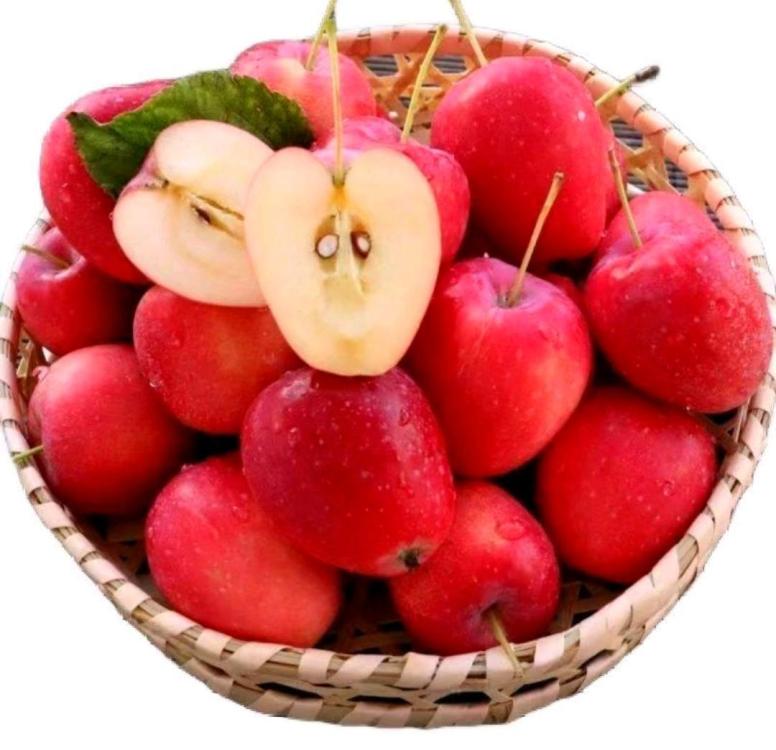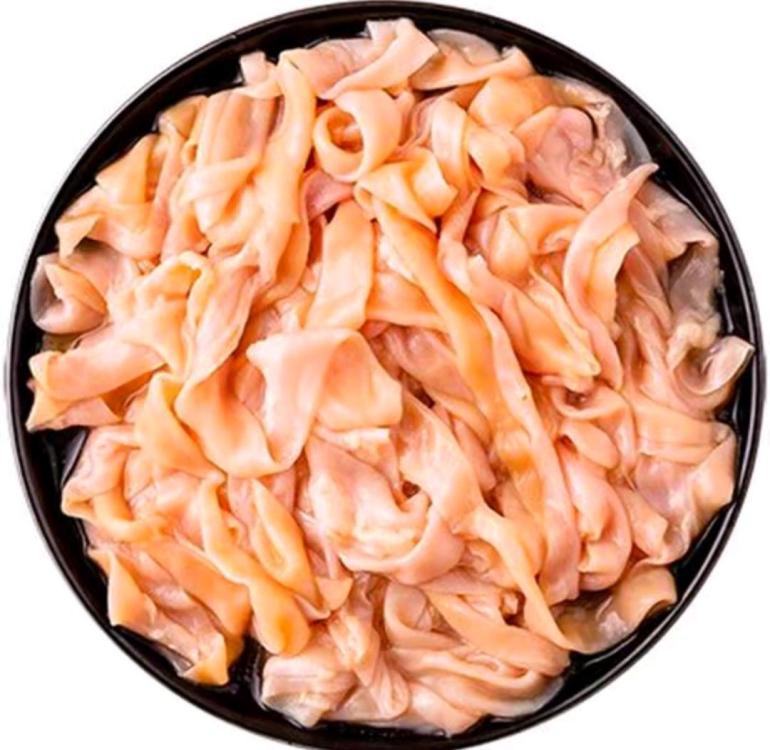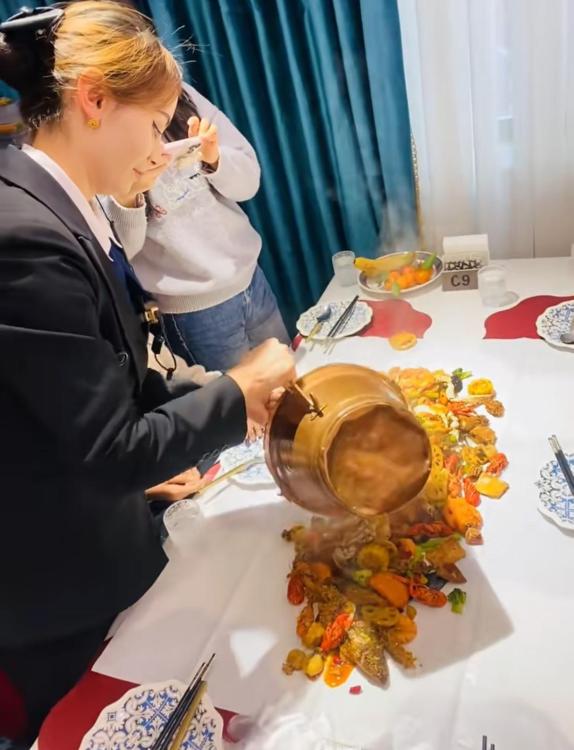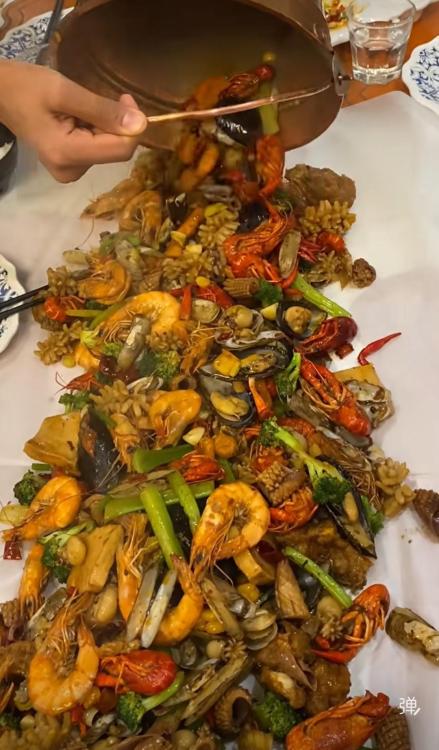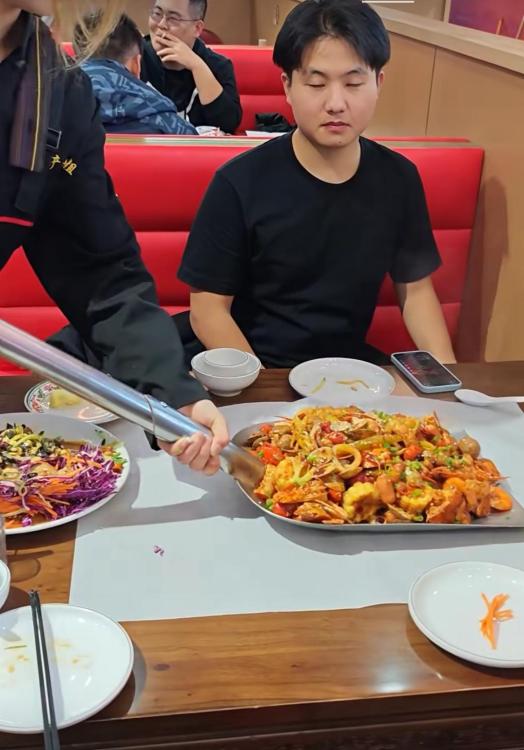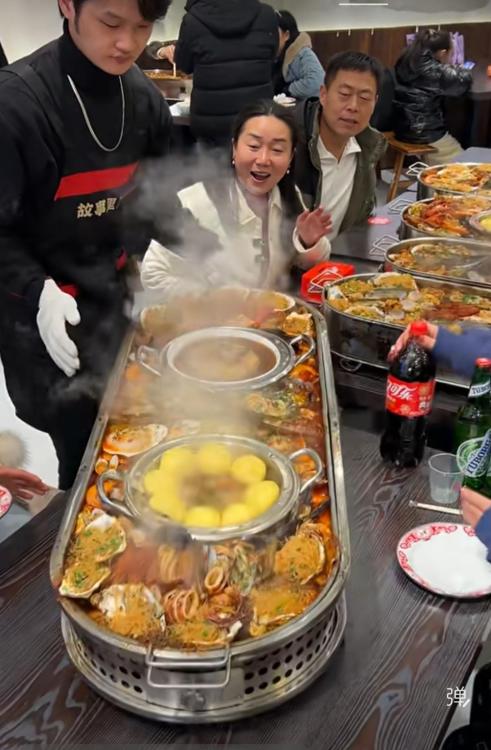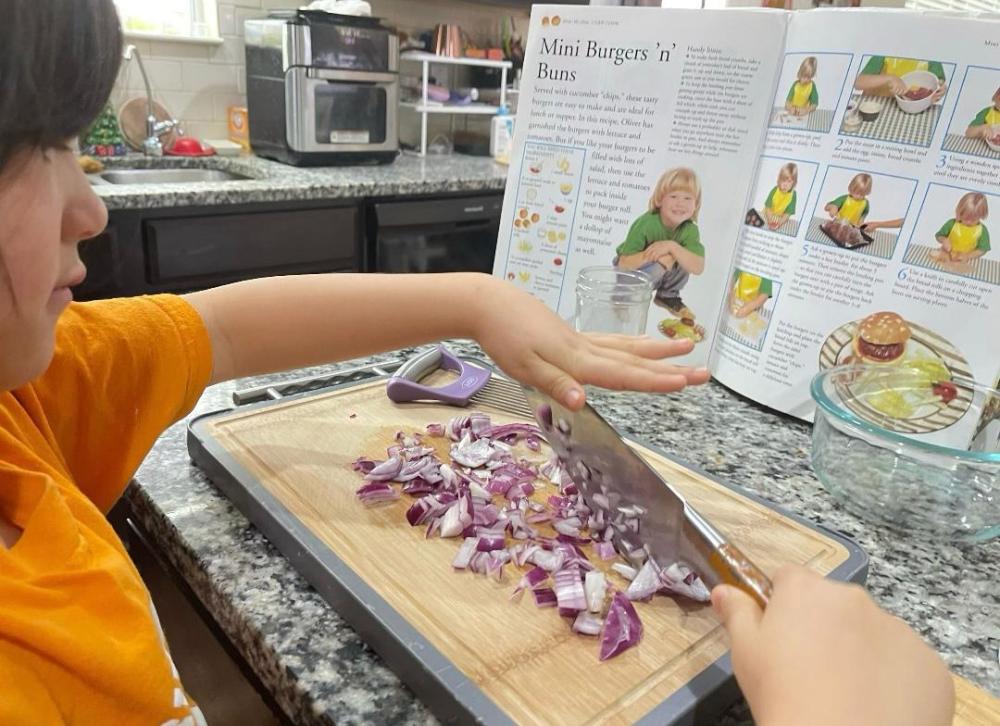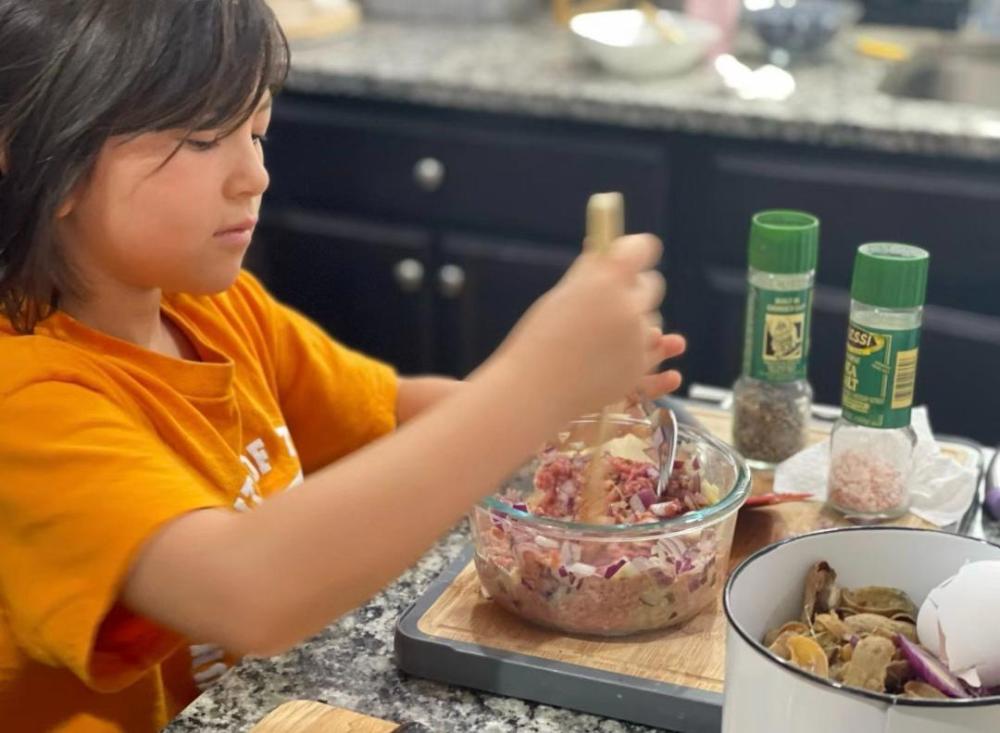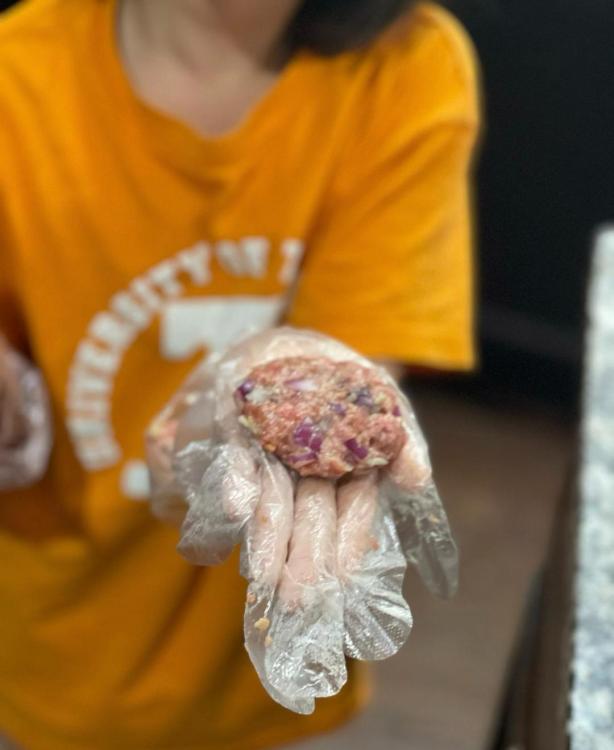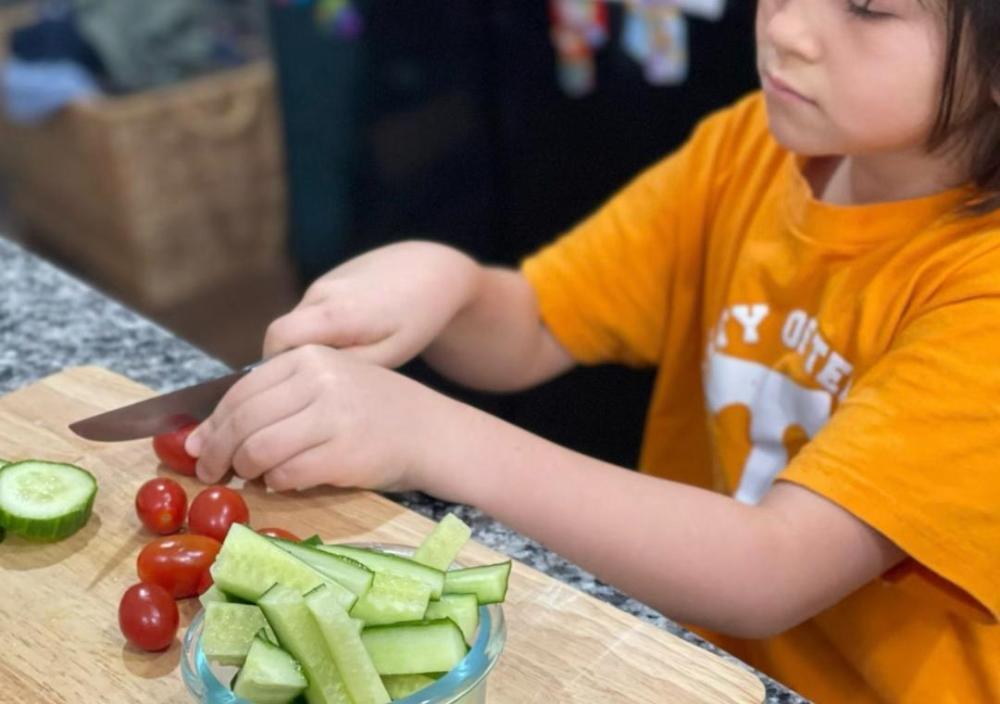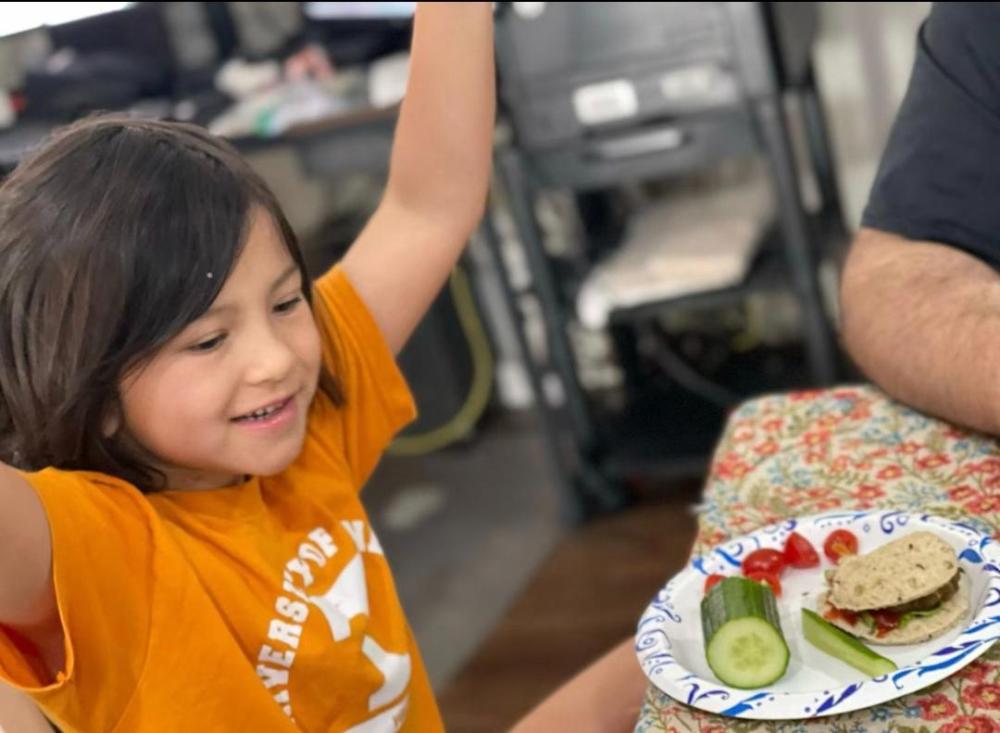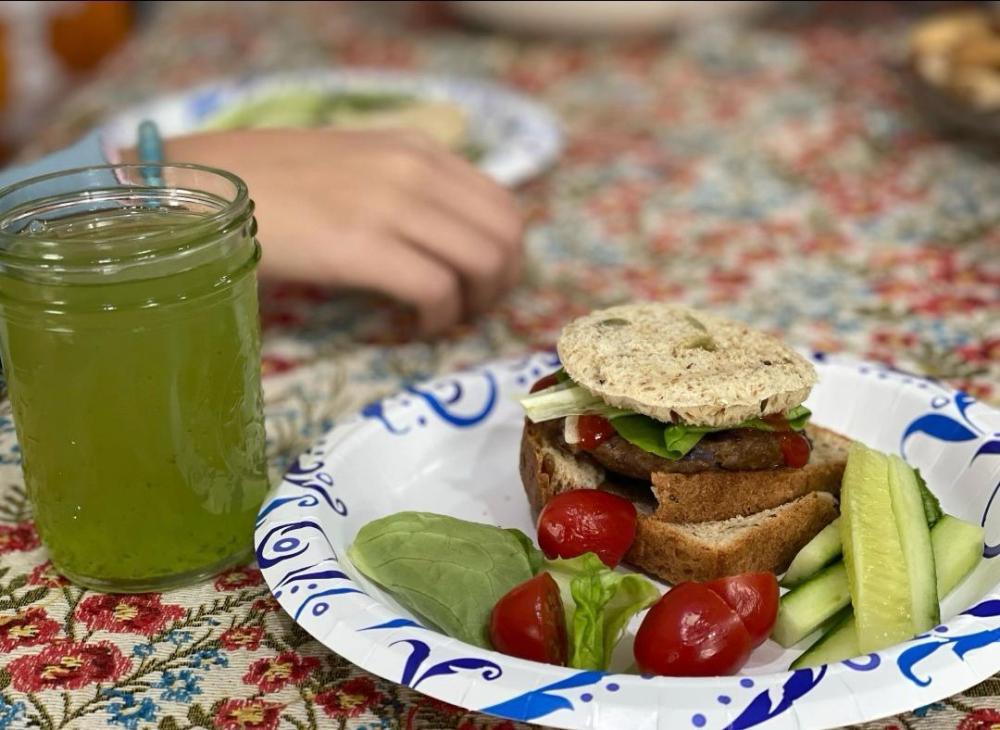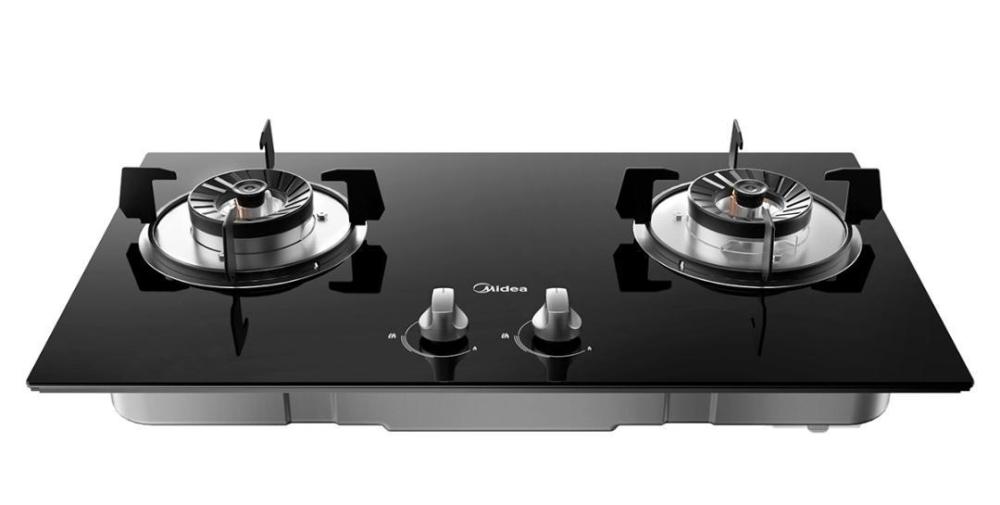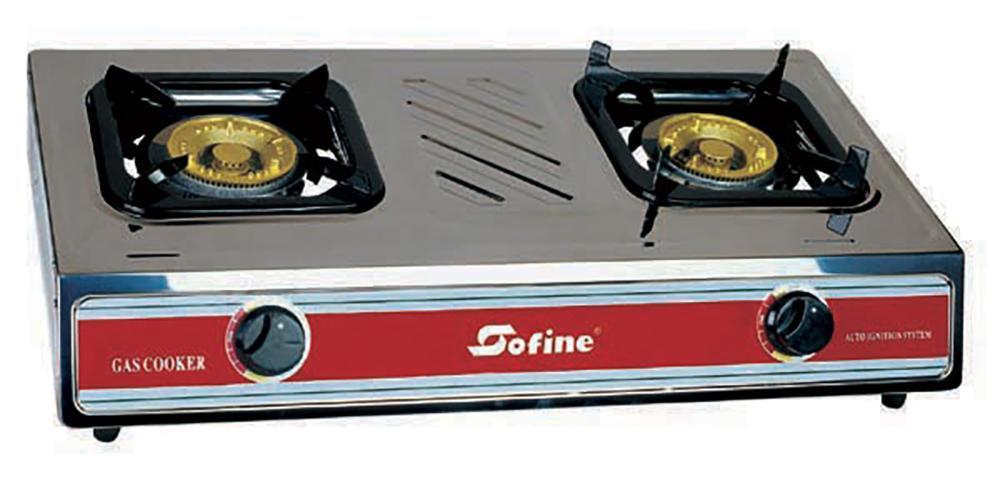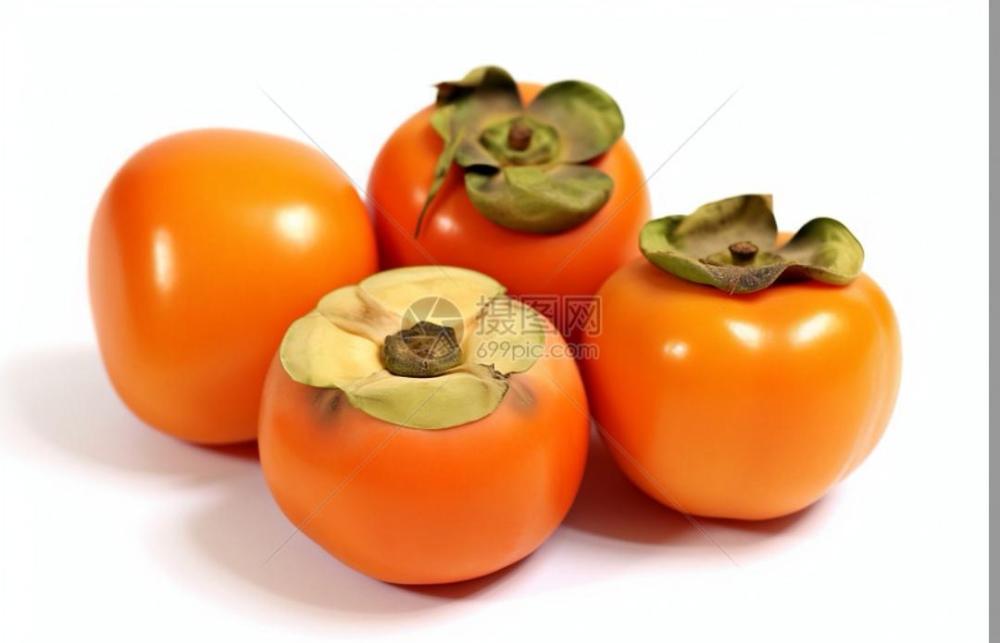-
Posts
16,844 -
Joined
-
Last visited
Content Type
Profiles
Forums
Store
Help Articles
Everything posted by liuzhou
-
I came across these yesterday for the first time. Known locally as 海棠果 (hǎi táng guǒ,literally 'sea cherry-apple fruit') or 鸡心果 (jī xīn guǒ, literally 'chicken heart fruit'), they are a type of wampee. Clausena lansium, native to China and SE and South Asia. I'm going with 'chicken heart fruit' as it fits the size and shape. Unlike chicken hearts, they are sweet and crisp.
-
I thought the butter wrap thing was universal, too. I've been doing for almost 70 years.
-
Find yourself in a restaurant in China with a teapot but no cup 🍵? Or with a bottle of beer 🍺 or wine 🍷 but no glass, a surprisingly common occurrence? Fear not. All you have to do is ask for a 杯子 (bēi zi). This is a catch-all word which means both cup or glass. But, as ever, watch that flat tone on the first syllable. If you're careless and use a falling tone, you'll say 被子 (bèi zi) and the server will think you are tired or feeling cold. You've asked for a quilt! This is probably more avoidable if you ask for a 茶杯 (chá bēi), teacup for your tea or in the case of a beer or wine etc ask for a 玻璃杯 (bō li bēi) or drinking glass. 🍷 🍷
-
I don't suppose many of you would order 鸡肠 (jī cháng) for dinner. You can see the flat tone then rising tone. But if you do, be careful. These are chicken interstines, surprisingly popular in hot pots and stews. Chicken Intestines Screw up and ask for 机场 (jī chǎng), flat tone then falling and rising tone, the wait staff will look at you pityingly and assume you are suffering from dementia and confused. You seem to think you're in a taxi. You've just asked for the airport! (I should point out that I'm only posting food related terms that can be confused. Almost all Chinese words are the same!)
-
Eating with friends, you may be asked what 主食 (zhǔ shí falling and rising tone, then neutral tone) you prefer. This expression means 'staple food' but really means 'rice or noodles', China's choices. Having learned this you may be tempted to use it yourself, next time. Be careful. Forget that first tone and accidentally say 猪食 (zhū shi), flat tone and you've just asked your friends what kind of pig swill they prefer!
-
I like spice. I like chicken. ∴ I like spicy chicken 🐔 . But I have to be careful. Spicy chicken is 辣鸡(là jī). Falling tone then high flat tone. If I mess up and use two high flat tones, I have ordered myself a plate of 垃圾 (lā jī) which means trash! A few restaurants can probably oblige!
-
100% real. I've eaten one similar to the first one; the seafood, although it was served shovel style rather than pail. The meal was a lot of fun; the food was delicious and very hygienic. Remember, most meals in Chinese homes and restaurants are served family style and communal eating is the norm. These images wouldn't appall anyone here.
-
-
-
Why would a USA government agency be controlling anything in China? They have no jurisdiction outside the USA. If these were to be exported to the USA, then surely whoever is reselling them would be responsible for any legalities being complied with. Anyway, they are currently being aimed at China's domestic market.
-
Adding, "seafood mushrooms" shouldn't be eaten raw. They won't do you any harm, but are bitter. Cooking tames the bitterness completely.
-
Duh! It says above it's "impervious to water splashes". What is FCC?
-
My friend's younger daughter made her first meal for the family. Her mother is Chinese; her father American. She is bilingual like her sister. They live America.
-
Most homes have one of these gas stoves, either free standing or built in. Free standing. Built in Woks were used on wood fires, yes. However, not particularly large ones. Stir-frying was invented to be quick as there was a shortage of fuel. Restaurants use high BTU burners to be quick, too. Different reason.
-
Even in a fruit store, you have to be careful. You may fancy some 柿子 (shì zi) with a falling tone on the first syllable. The second is tone free. These are persimmons. If you accidentally slip up and use a flat tone on the first syllable, 狮子 (shī zi), youve ordered yourself some lions. Not many Chinese fruit stores carry these.
-
"Seafood Mushroom" is the direct translation of the Chinese name, 海鲜菇. In English, they are Jade Gill Mushrooms. They are a type of shimeji mushrooms; unrelated to enoki. More here.
-
Although I take on everyone's points I do think that it has to be remembered that this has been developed for the Chinese domestic market. Four burners plus oven are unknown here. One or two burners, at most. Also, it will almost certainly used with carbon steel woks. Chinese cooks have been cooking over flames for centuries. However, I do think these are too expensive at the moment.
-
A foil covering for the table is probably cleaner than the restaurant plates!
-
Sure. It isn't even on the market yet.
-
I've only had a once and it was a huge seafood selection. I was happy with that. Spaghetti? I don't think so.
-
Here's a different AI take. it mentions ozone. Electric flame cookers (also called plasma cookers) are innovative appliances that use electricity to generate a real, visible flame, similar to a traditional gas stove, but without burning any fuel. Here’s what you need to know: 🔬 Core Technology: Plasma They work on the principle of plasma arc technology. A high-voltage electric current ionizes the air between an electrode and the cookware, creating a superheated plasma arc—this is the visible "flame" you see, which can reach temperatures over 1200°C (2192°F). This technology originated from aerospace engineering for ignition systems. ⚙️ Key Features & How They Work · Electric "Flame": The flame is created purely from electricity and air, so it requires no combustible gas, butane, or propane. · Instant & Adjustable: Like a gas stove, it offers immediate heat when turned on and allows for precise, visual control of the flame's intensity. · Cookware Compatibility: It works best with conductive, flat-bottomed cookware (like stainless steel or cast iron). It may not function correctly with glass, ceramic, or non-magnetic pots. ⚖️ Pros and Cons Here’s a balanced view of its main advantages and current limitations: Pros Cons Safety Higher Initial Cost • No risk of gas leaks, carbon monoxide poisoning, or uncontrolled fuel fires. The flame exists only when the cookware is correctly placed, creating a circuit. • Significantly more expensive to purchase than standard induction or gas cooktops. Convenience Noise & Ozone • Portable; only needs a standard electrical outlet (no gas line required). Easy to install and move. • Can produce a faint buzzing sound and a slight electrical smell (ozone) during operation, which some users find noticeable. Efficiency Market Immaturity • High energy efficiency as almost all electricity is converted directly into heat directed at the pan. • Still a niche product. Limited brand options, and long-term reliability/service networks are not as established as for conventional stoves. Performance Cookware Limitations • Provides the instant visual feedback and rapid temperature control that many chefs prefer, similar to cooking with gas. • Requires specific cookware types; won’t work with non-conductive materials. 📈 Current Market Status Electric flame cookers represent a cutting-edge but still evolving niche in the kitchen appliance market. They are primarily marketed in regions with: · A strong preference for open-flame cooking. · Limited or expensive gas infrastructure. · Growing interest in innovative, safe, and electric-only kitchen solutions. They are best suited for tech enthusiasts, renters who can't install gas lines, or those in well-ventilated spaces seeking a unique combination of electric safety and gas-like cooking performance.
-
It's been common in China's restaurants for a long time.
-
I'm sure you mean 110 volts, the US default. No. It runs on 230-240 volts, the default in China (and most of the world). However, that's not to say they won't offer a 110 V version in the future should it prove in enough demand.






